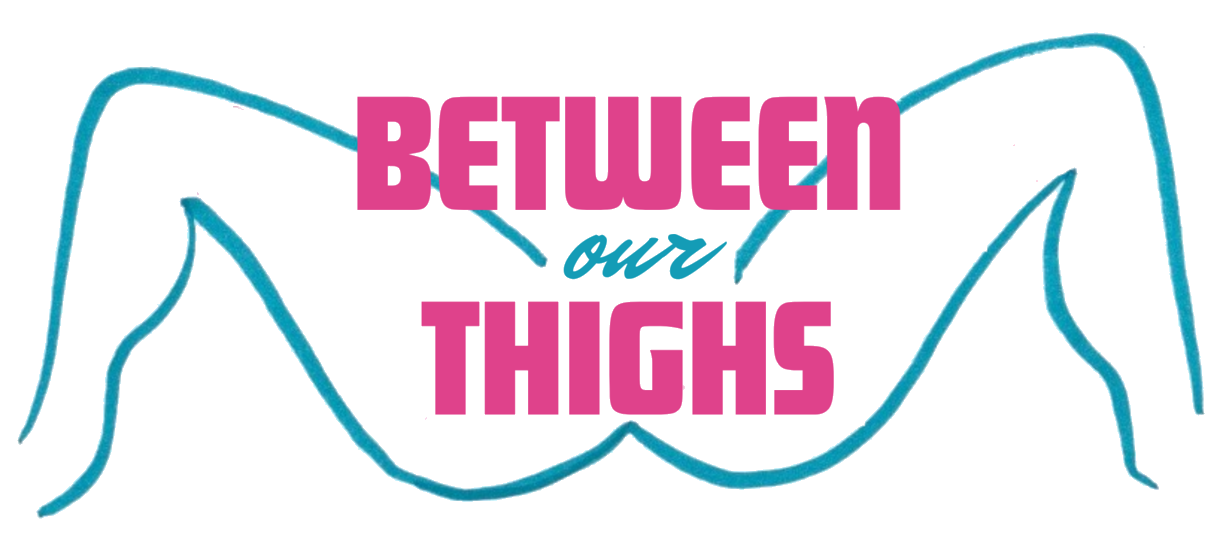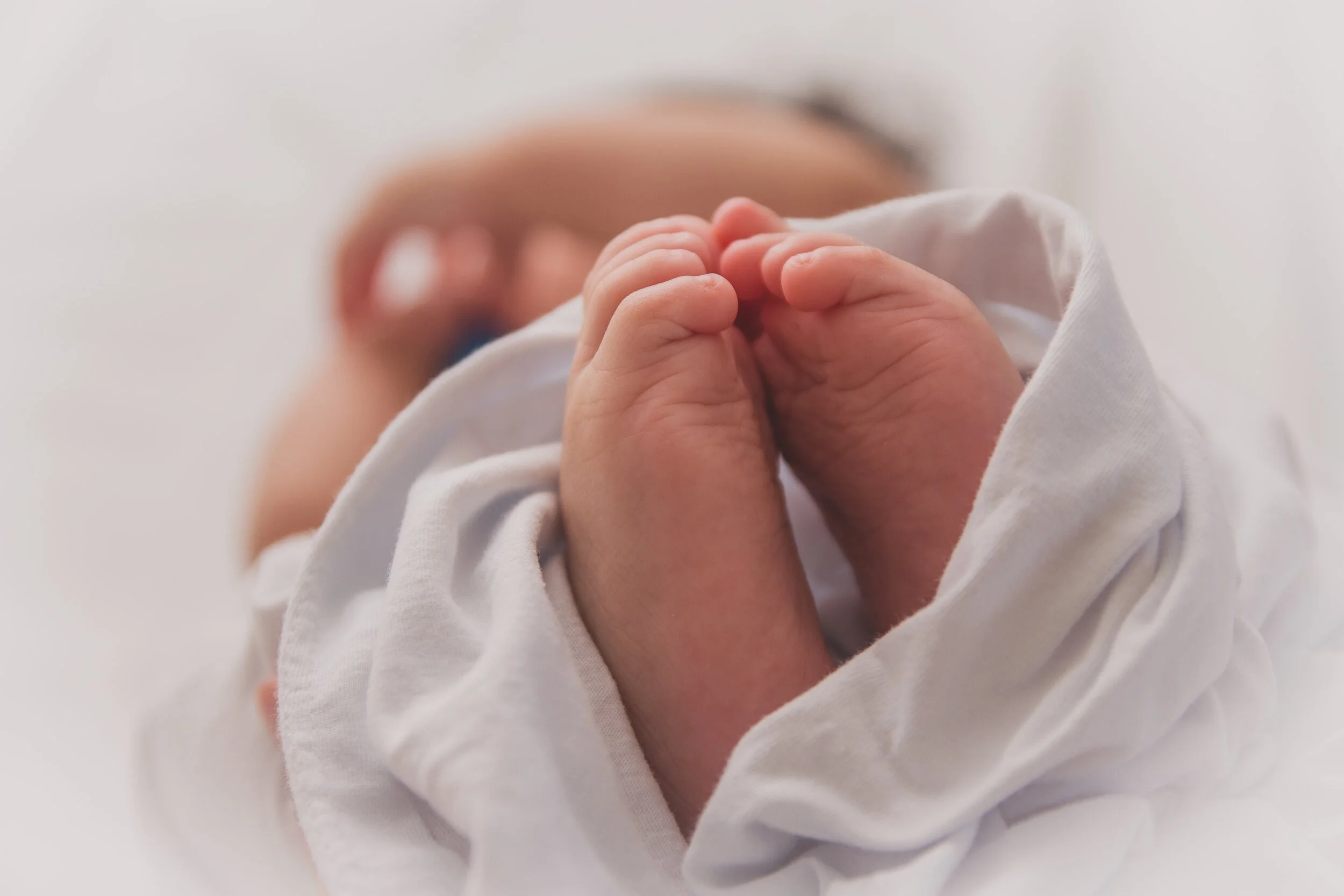Should I Circumcise My Baby? A Guide for Caregivers
Should you circumcise your baby or leave them uncircumcised? While the debate over the pros and cons of circumcision has spanned centuries, it’s important to look at it from a health-related perspective in the twenty-first century, instead of a traditional one. After all, the well-being of your child can be tied into this decision — one that you are making for them — and so, it is a choice that should not be taken lightly.
With this in mind, we have laid out the various reasons one may decide to, or not to, circumcise their baby, including both positive and negative effects of circumcision.
Pro: There can be health benefits to circumcision
Choosing whether or not to have your child circumcised is a big decision and should be considered during pregnancy or the adoption process. That said, there can be health benefits to electing for circumcision.
A lack of foreskin decreases the chances of an infant experiencing urinary tract infections (UTIs) and a lowered risk of developing penile cancer. It even reduces the risk of cervical cancer and some infections developing in partners with vaginas down the road.
Con: There may be complications after a baby is circumcised
In some instances, circumcision has resulted in complications from the foreskin being cut too short. The penis risks not healing correctly, infections starting, and excessive bleeding (the latter of which is most common). Though rare in occurrence, it is unfortunately not completely unheard of for babies to have their penises accidentally cut off to varying degrees.
Pro: There is a decreased chance of contracting STIs
Evidence suggests that circumcision can reduce the risk of developing certain sexually transmitted diseases (STIs) like HSV-2 and HPV infections, vagina-to-penis transmission of HIV, and syphilis. This is possibly due to the skin on the penis becoming stronger and less prone to microtears after the circumcision has taken place, or perhaps, the result of germs no longer sitting on the skin’s surface for extended periods.
If avoiding STIs is a particular concern, keep this penis fact in mind.
Con: There will be pain
One of the natural effects of circumcision is the resulting pain post-surgery. While it will decrease in the following days or weeks, it is difficult for a newborn to understand why they are experiencing this.
Although the child will have local anesthetic during the procedure itself, they will likely continue experiencing discomfort during the healing process, which can be eased with painkillers specifically made for babies.
Pro: There won’t be any foreskin-related infections
The foreskin can cause a variety of infections if not cleaned properly and thoroughly. That said, circumcised penises are much easier to clean than their uncircumcised counterparts. In addition to decreasing the chances of UTIs (as mentioned above), circumcision also helps prevent fungi from growing in the skin’s warm moisture, smegma, and even balanitis (an infection of the foreskin and glans that can arise from poor hygiene).
Con: There is a higher chance of meatitis
Meatitis, redness at the opening of the penis that can also have a sore or scab, is a risk after a baby is circumcised. With no foreskin to protect the tip of the penis, the sensitive skin is exposed to potential diaper irritation for babies. Untreated, it may cause the opening of the penis to scar and become too small.
However, meatitis can be treated with an antibiotic ointment, which should be applied several times daily.
Pro: For some, uncircumcised sex feels better
Many circumcised penis owners feel that sex feels better, or more comfortable, without the foreskin intact. This is particularly relevant during unprotected penetrative sex, as there is no foreskin pushed back by a vagina or anus.
However, many uncircumcised folx state that they feel more sensation because of their intact foreskin, making things like sensation play and blowjobs (in addition to penetration) heightened. Ultimately, whether or not one feels better than the other is different for each person.
Con: Many view it as non-consensual disfigurement
Should you circumcise your baby, when many people consider it irreversible penile mutilation that the children themselves have no say in? If caregivers’ reasoning for circumcision is purely based on aesthetic reasons, perhaps it should be avoided. By adopting a more sex-positive attitude, you can teach your child the importance of loving your body as it is, instead of being ashamed for not looking a particular way — including having a naturally-present foreskin!
While there are plenty of pros and cons of circumcision, caregivers need to consider their reasons for considering either option and decide whether it’s the right choice for their child. By reviewing the effects of circumcision — both good and bad — it will become clearer what you should do in your given situation with your infant.
Do you know of any other pros and cons of circumcision? That said, in your opinion, should you circumcise your baby? Let us know your thoughts in the comments below.




